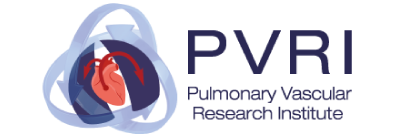Pulmonary Arterial Hypertension (PAH) is a rare and chronic disease characterized by narrowing of the blood vessels in the lung, making it more difficult for blood to adequately flow from the heart to the lungs and disrupting one’s regular blood flow. This disruption prevents the lungs from receiving enough oxygen, putting extra strain on one’s heart, and making it harder to pump blood through the lungs and deliver oxygen.
TORREY Study
The TORREY Study has been completed and Gossamer Bio reported topline data in December 2022, showing that seralutinib (AKA GB002) had a statistically significant impact on hemodynamics (PVR), right heart structure and function, and important biomarkers of PAH disease severity (e.g., NT-proBNP). Read more about the TORREY results here.

- TORREY Study on clinicaltrials.gov
- 2021 PHPN Symposium Presentation
- GOSS-PHAware Podcast Episode #2
- Request More Information About TORREY








